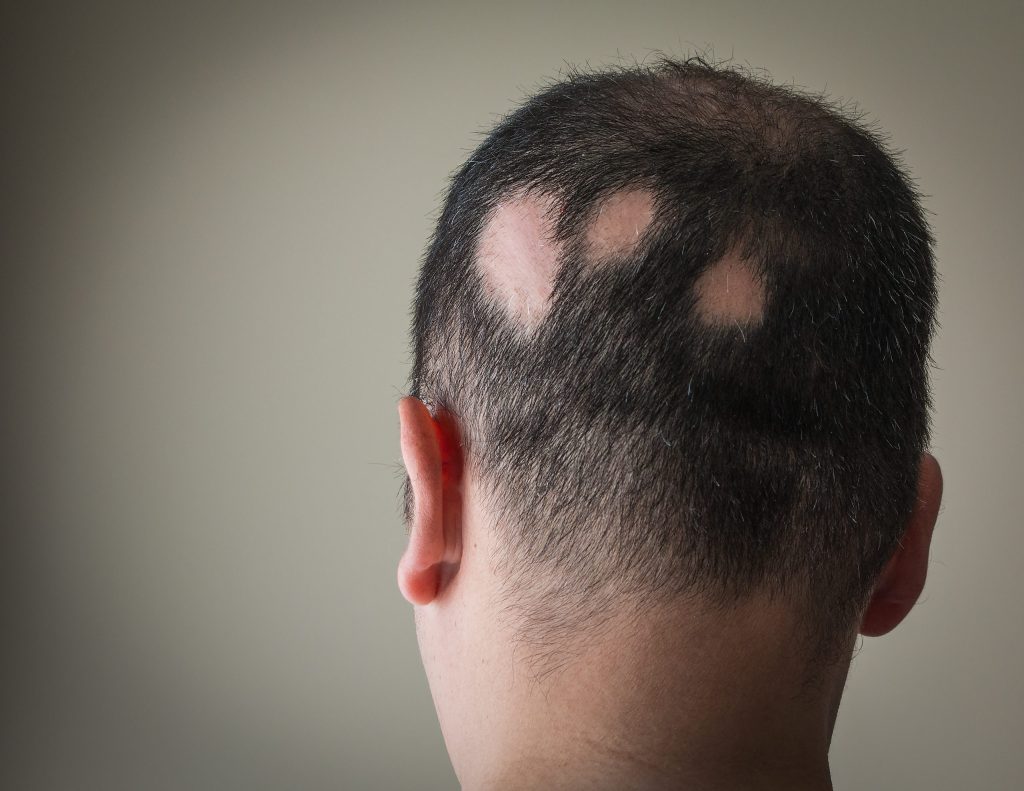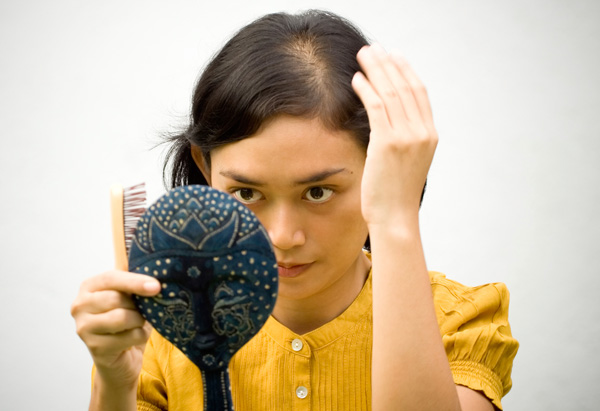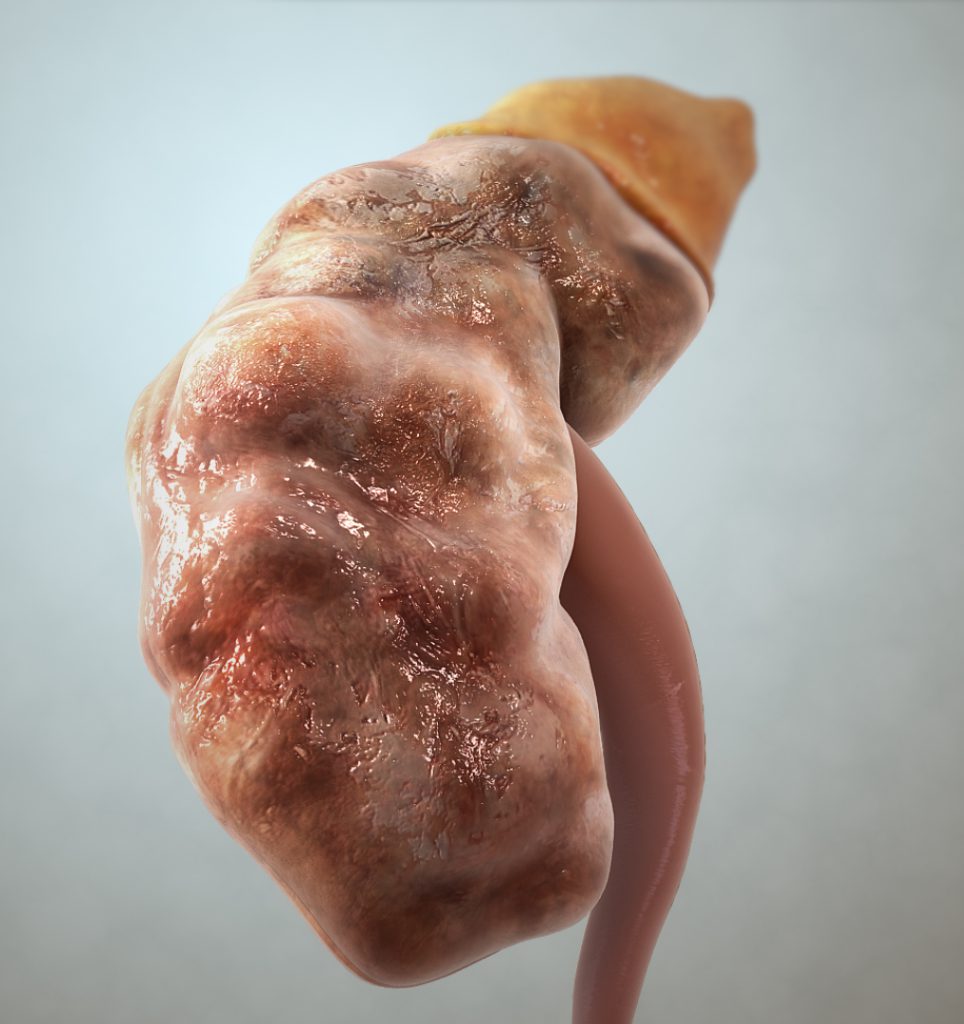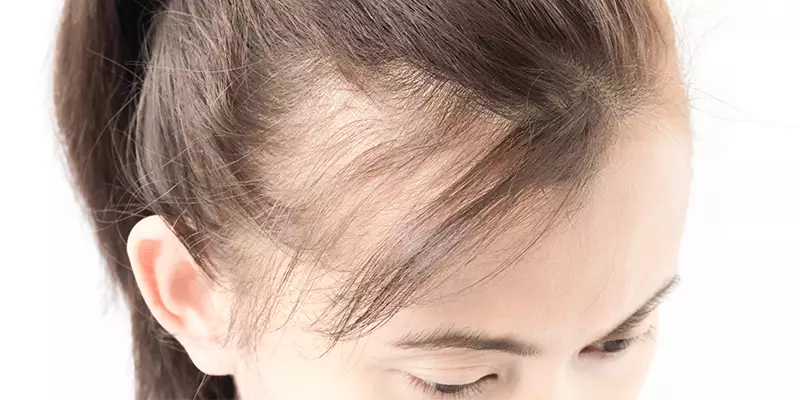
- 1305
- 0
Hair Loss as a Symptom of Kidney Disease: The Silent Warning
We always want to look our best and our main focus usually projects on our hair. From our teenage, we want to make our hairstyle like our favorite celebrity. But alas, not all of us can maintain our pride throughout the life. Hair loss gets in the way of our dream as a villain.

Hair loss and health conditions:
This is a major problem that affects millions of people worldwide. It’s normal to shed up to 100 hairs each day. But losing more than this amount depends on the severity of the illness. When you have any sickness, your hair may reflect it and visibly become abnormal. Hair falls are actually a signal of more significant internal health problems.
Isn’t hair loss a genetic event?
Yes, it is but not in every case. Balding and baldness is an inherited problem that causes your hair follicles to shrink and eventually stop growing hair as you grow older. This type is the most common type and can be stopped or slowed down with proper treatment.
You may have some underlying health problems too
There are many other different factors that can also cause hair problems. Environmental factors and stress are very much related to this problem.

- Alopecia areata causes sudden loss of hair, particularly on the scalp and in the areas around the eyebrows, eyelashes, and face as the body’s immune system attacks follicles.
- Cancer therapy including chemotherapy or radiation treatment may also cause this problem.
- Hormonal imbalance,
- scalp infection,
- scale psoriasis,
- scarring alopecia (hair follicles are destroyed due to inflammation),
- Sexually transmitted infections,
- Telogen effluvium, related to trauma, etc.
Is your hair loss related to the health and wellness of your kidneys?
Sometimes, excessive loss of hair is associated with renal illness in both men and women goes undiagnosed. Your hair becomes dry or brittle before it falls out if you have problems of kidney like kidney failure, or unhealthy kidneys. This is also an important symptom of severe chronic kidney disease (CKD).
Why does it happen?

- Nephrotic syndrome: Hair is primarily composed of protein and adequate intake of good dietary protein is essential for healthy hairs. If you are suffering from kidney disease, your kidney is unable to filter your body’s protein and thus causing proteins to be lost in the urine. Renal-friendly food on the other hand does not always seems tasty and thus causes loss of appetite in patients suffering from chronic kidney disease. The reduced amount of protein in the body accelerates the problem of hair quality and hair loss.
- The build-up of toxins, minerals (iron and zinc), and vitamin deficiencies can also result in thinning, brittle, and falling hair.
- Anticoagulation with heparin during haemodialysis, antihypertensive drugs, and anti-depressants in chronic kidney disease also induces this problem.
- People with lupus also experience this problem. Lupus is an autoimmune disease that involves two types of hair loss – scarring and non-scarring. Non-scarring, associated with inflammation not only affects hair on the scalp but also causes loss of eyebrows, beards, and eyelashes. The permanent scar due to lupus can often damage follicles, resulting in permanent hair loss.
- Loss of hair after initiation of dialysis: Sometimes, after the initiation of dialysis, you may notice this problem. This may be due to a reduction in the intake of protein in order to minimize the strain on the remaining kidney function.
- Hair loss and kidney transplant: This occurs as a side effect of a kidney transplant as major changes occur in your system after this procedure and you need to be accustomed to your new organ.
- Endocrine conditions such as uncontrolled diabetes or thyroid problems can also cause this problem.
How to treat hair loss in kidney disease

We usually pay little attention to our hair loss as it seems secondary compared to the severity of our kidney problems. But we need to talk to our doctor regarding this.
Nephrotic syndrome: If you change your diet or medication it may restore your hair and in this matter you should consult a hair restoration specialist.
Kidney Infection: Inflammation caused by infections can promote hair loss. In addition to this, the medicines used to treat kidney infections can sometimes cause this problem as a side effect. Lastly, the stress of having a kidney infection is a possible factor that also triggers this problem. Therefore, consulting a doctor is very important to rule out underlying medical conditions.

Lupus: You can treat your hair problems due to inflammation only if you’re able to successfully treat lupus. Avoidance of sun, changes in your medication, eating healthy food, minimizing stress, and having plenty of sleep can reduce this problems.
You can get back your hair once you can address the reason for this problem. So be patience and take good care of your hair as it could take a few months. For any further assistance regarding your renal problems you can contact to our health care team at Nephro care India.
Comment
Check Your EGFR
***We Promise, no spam!






